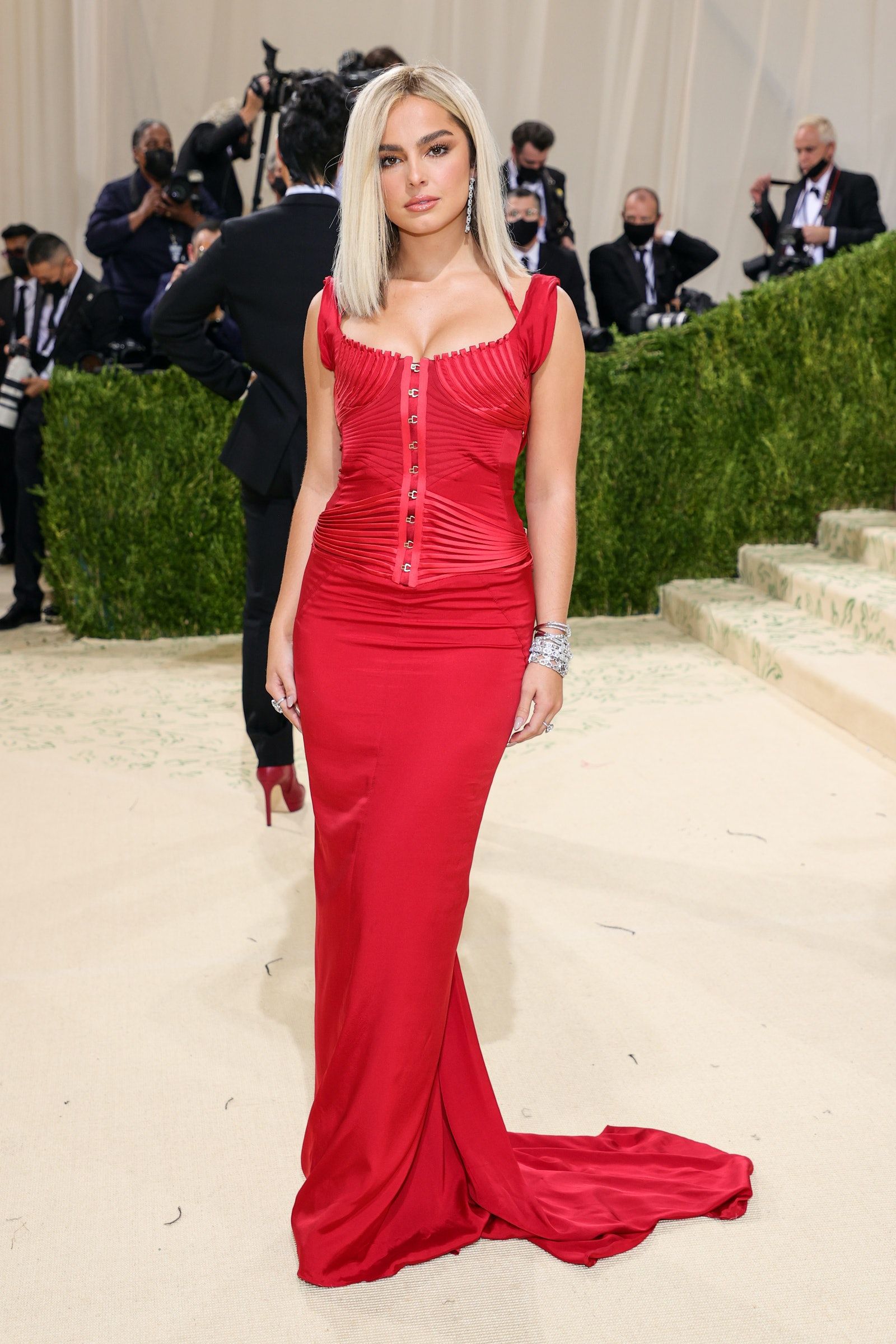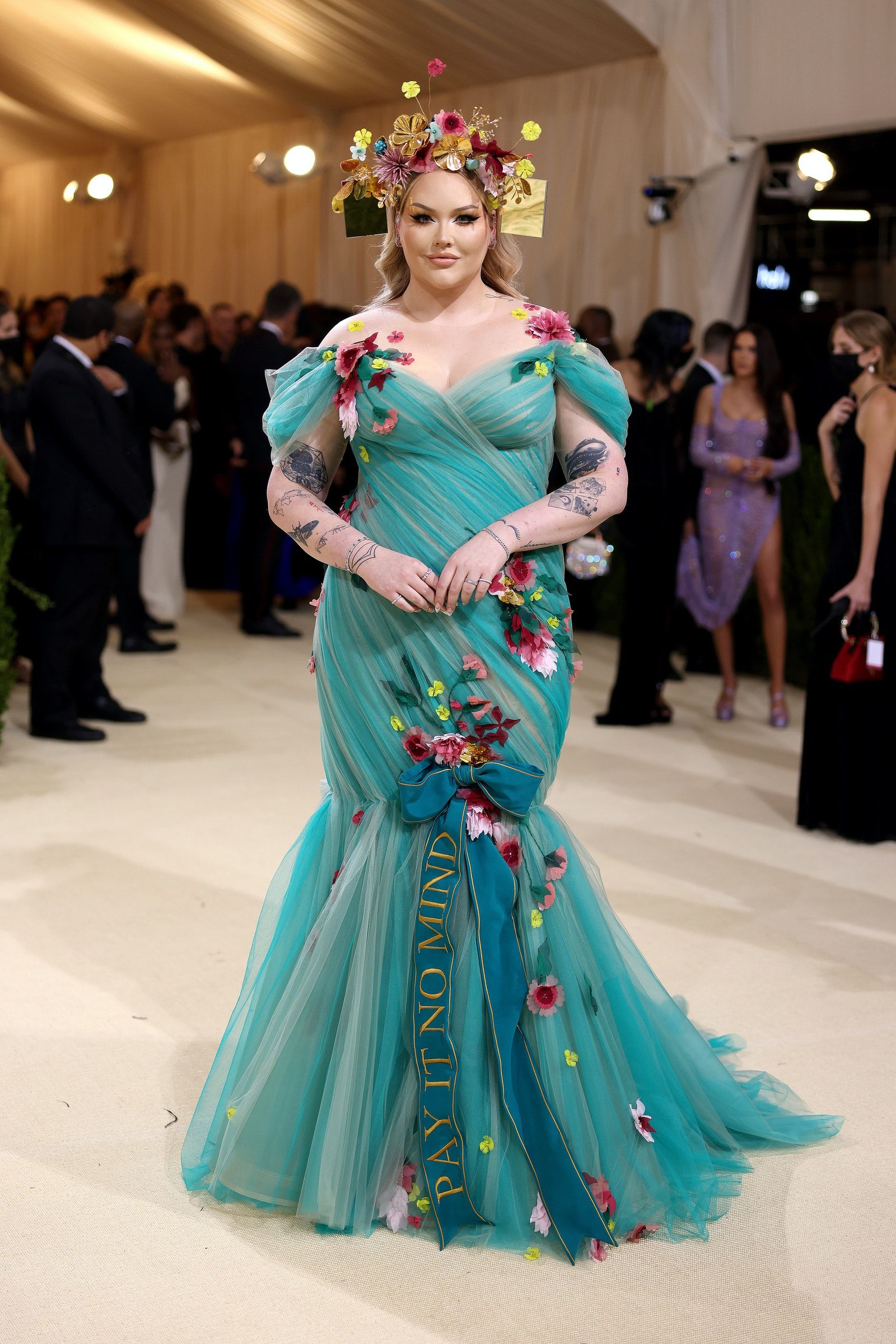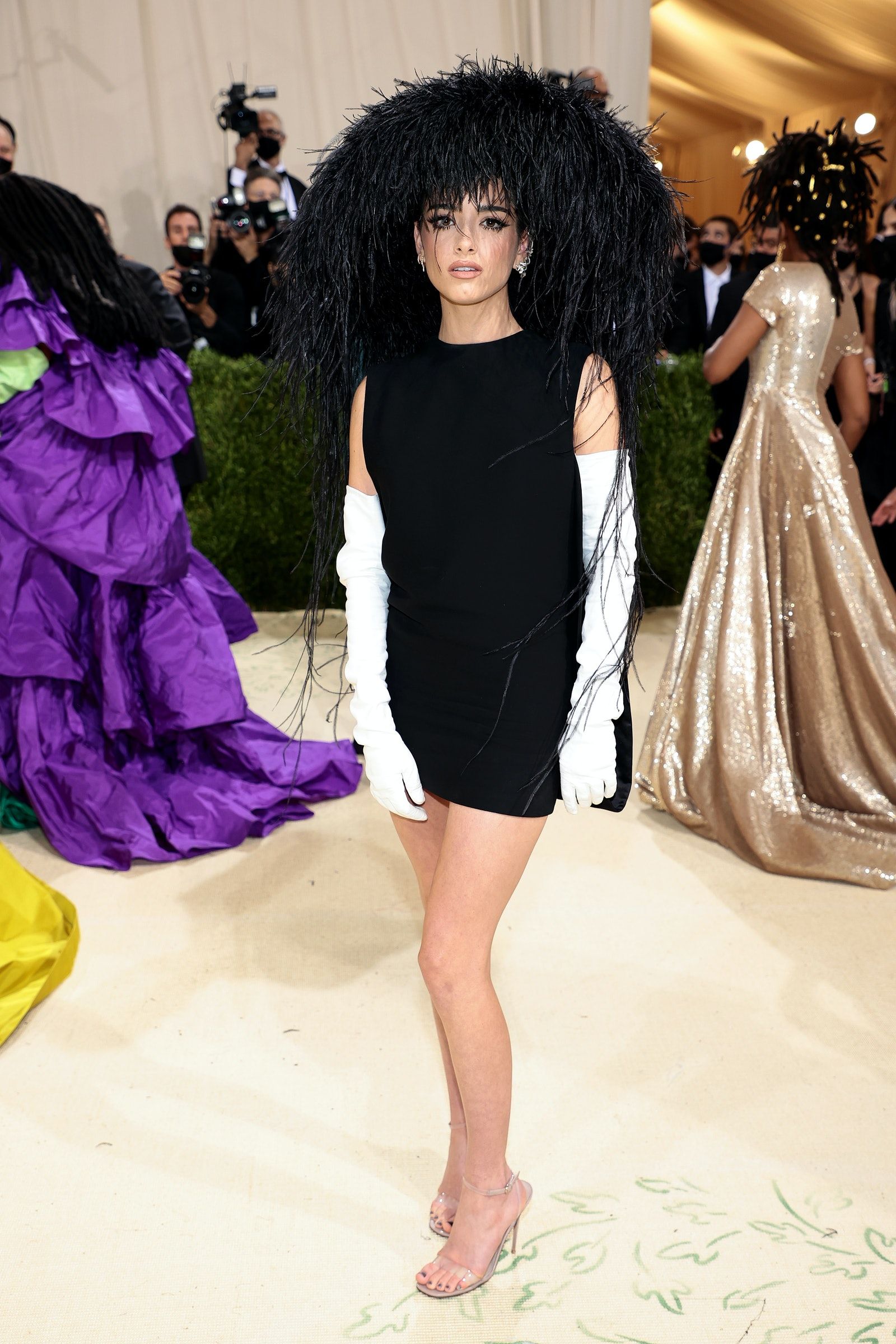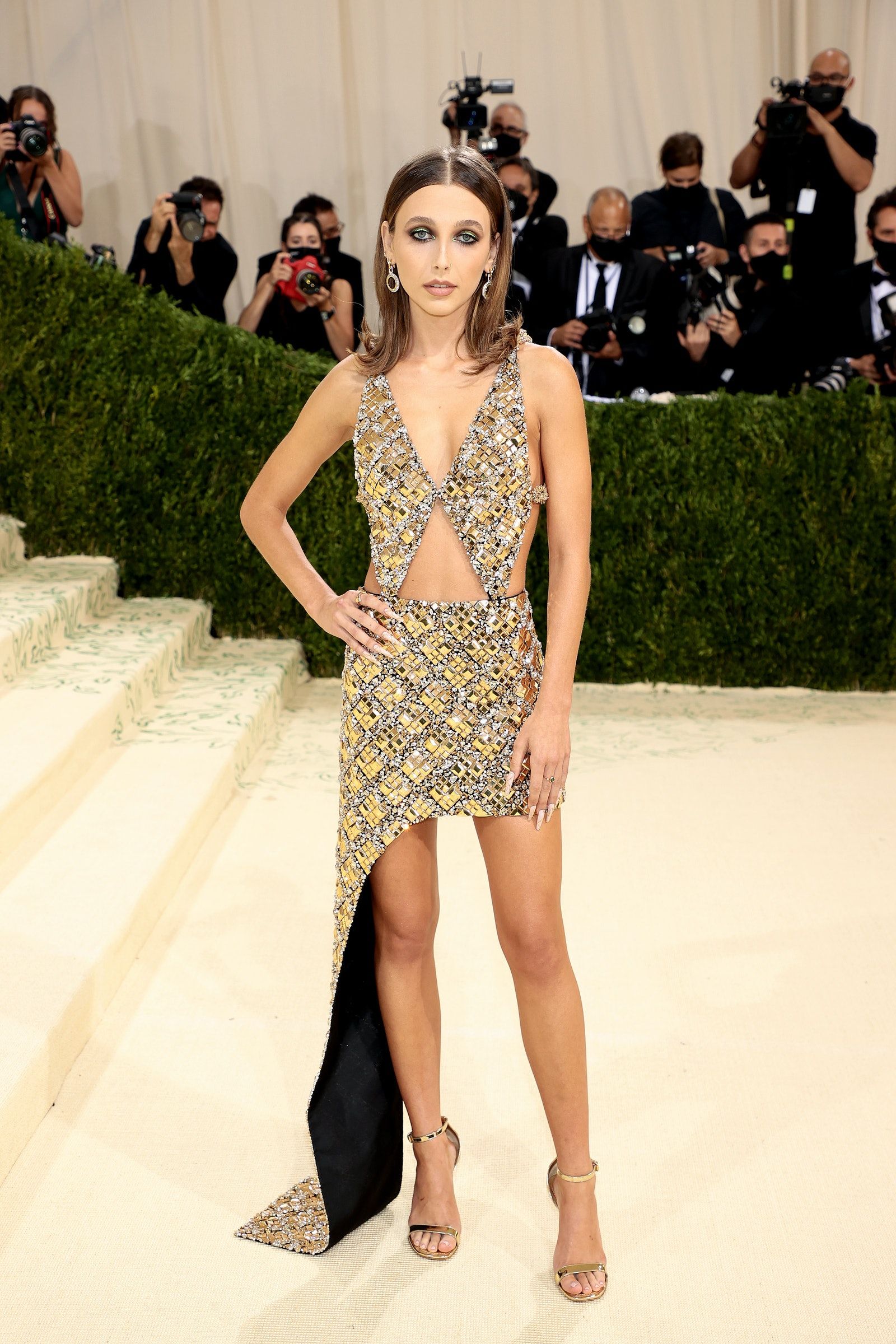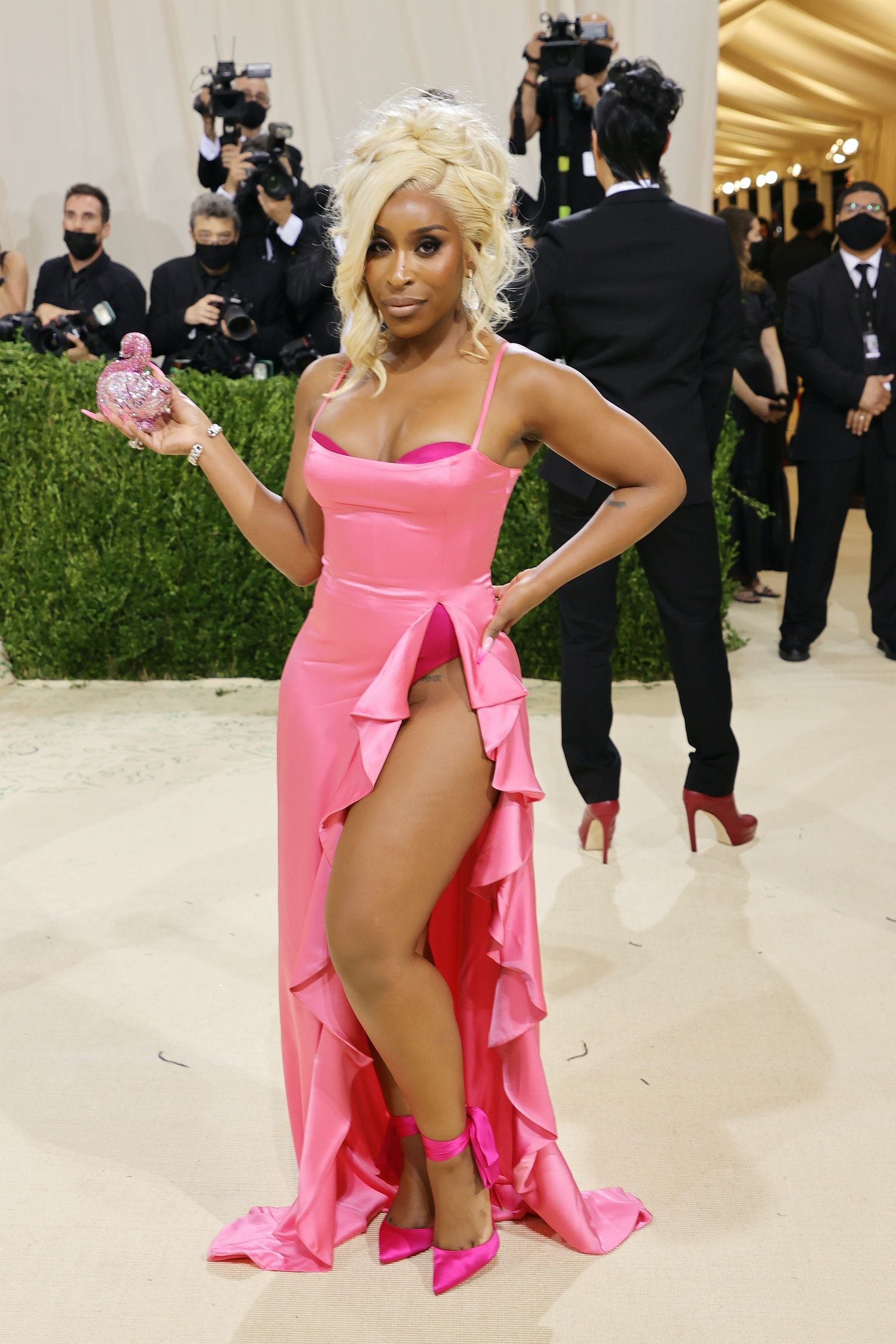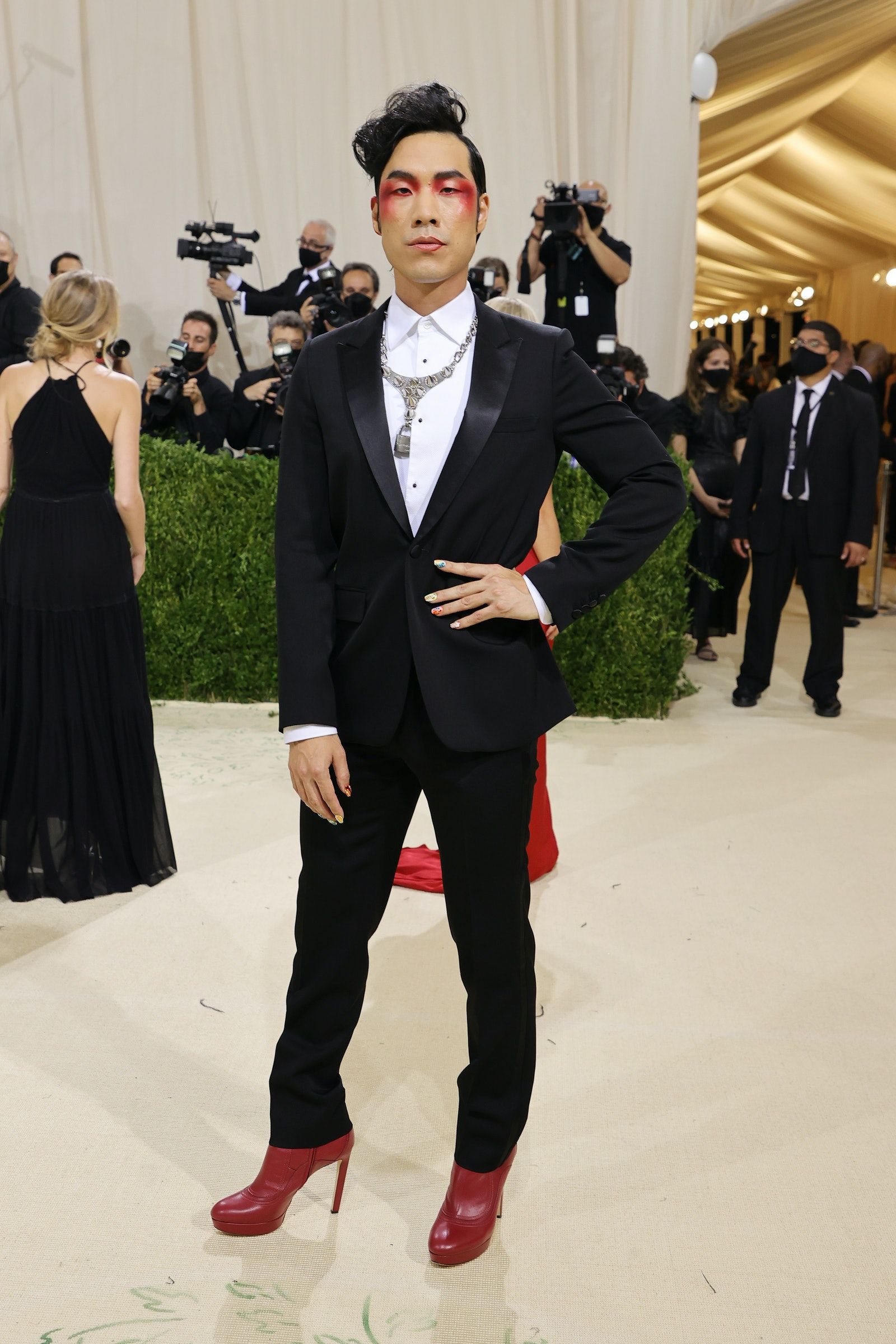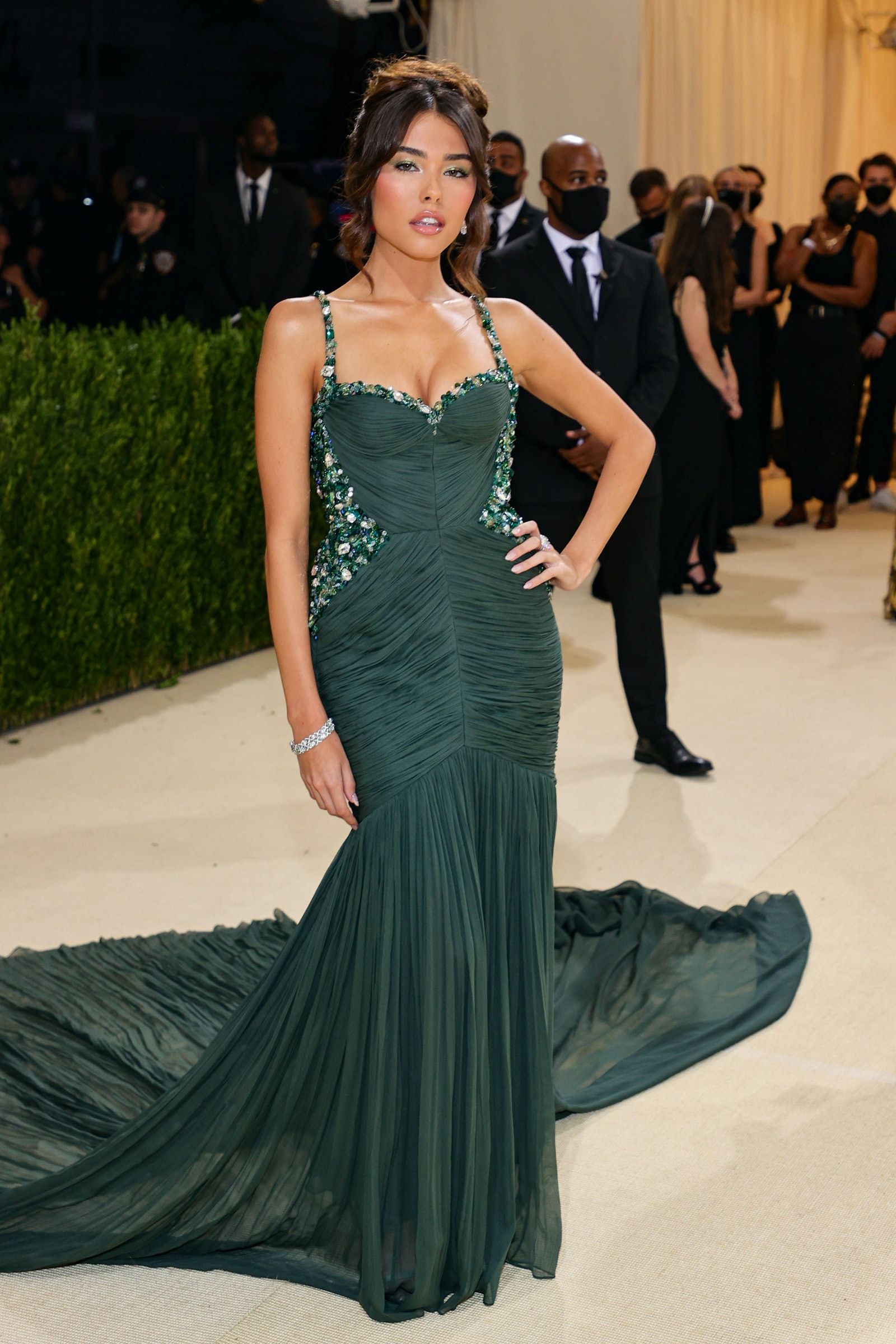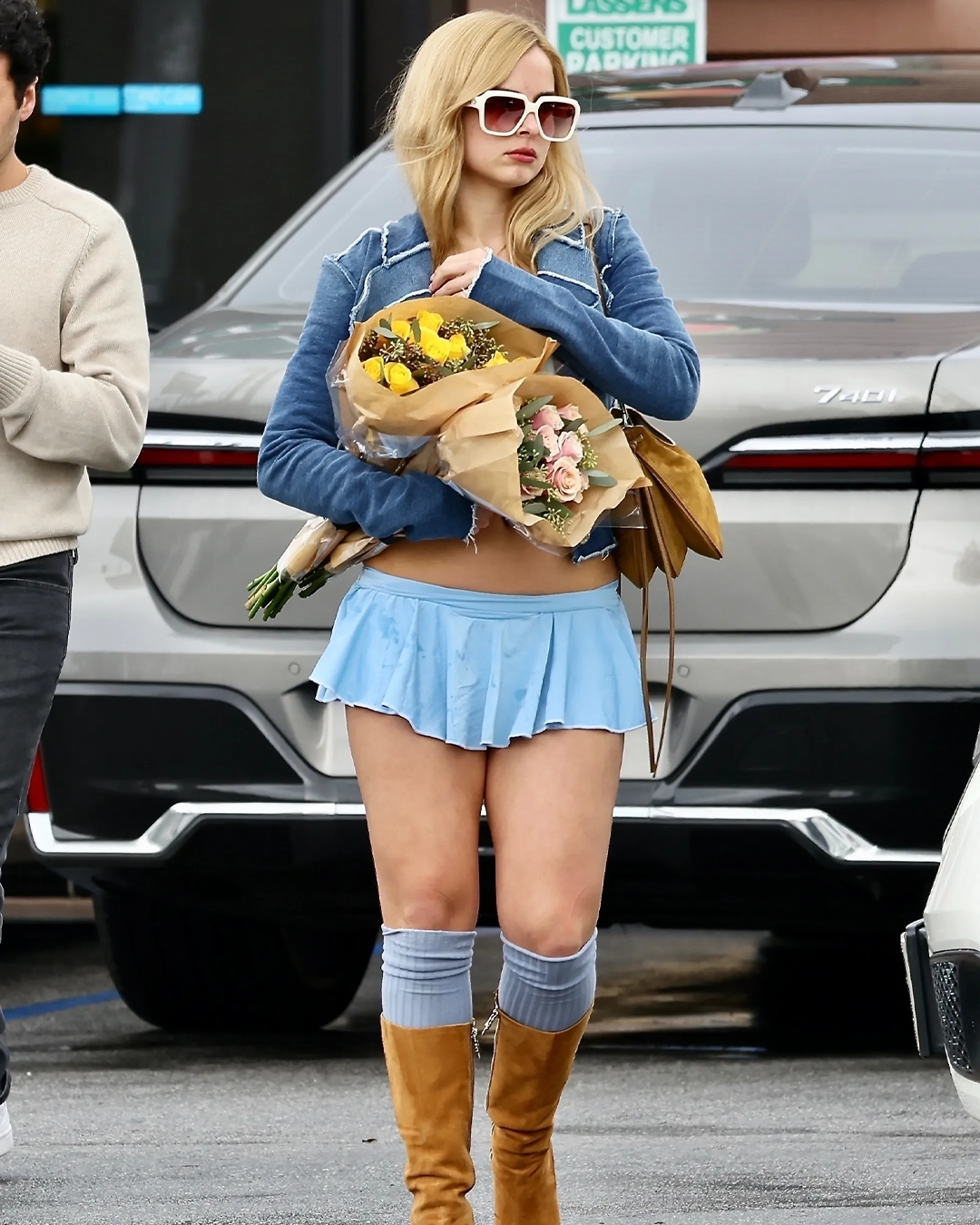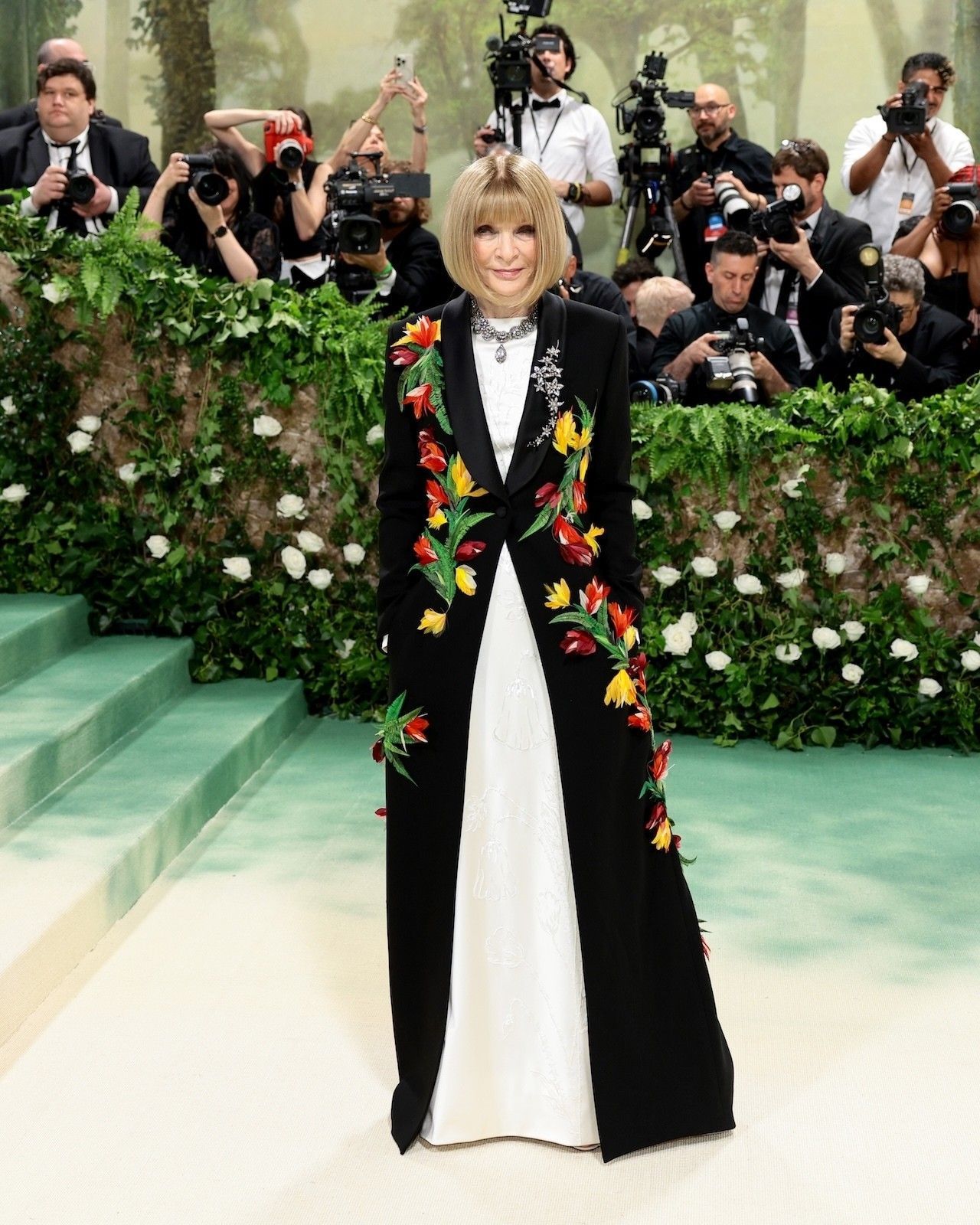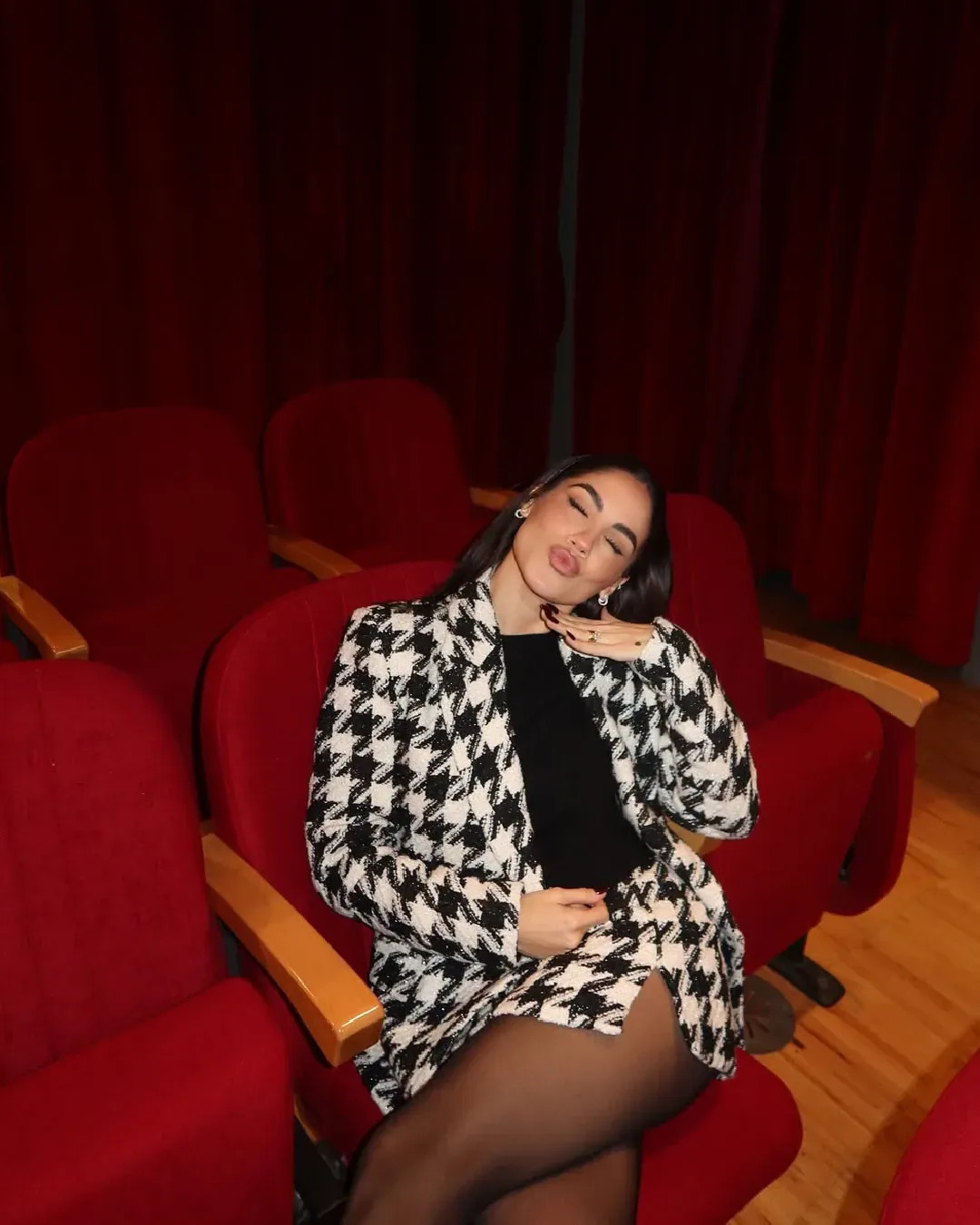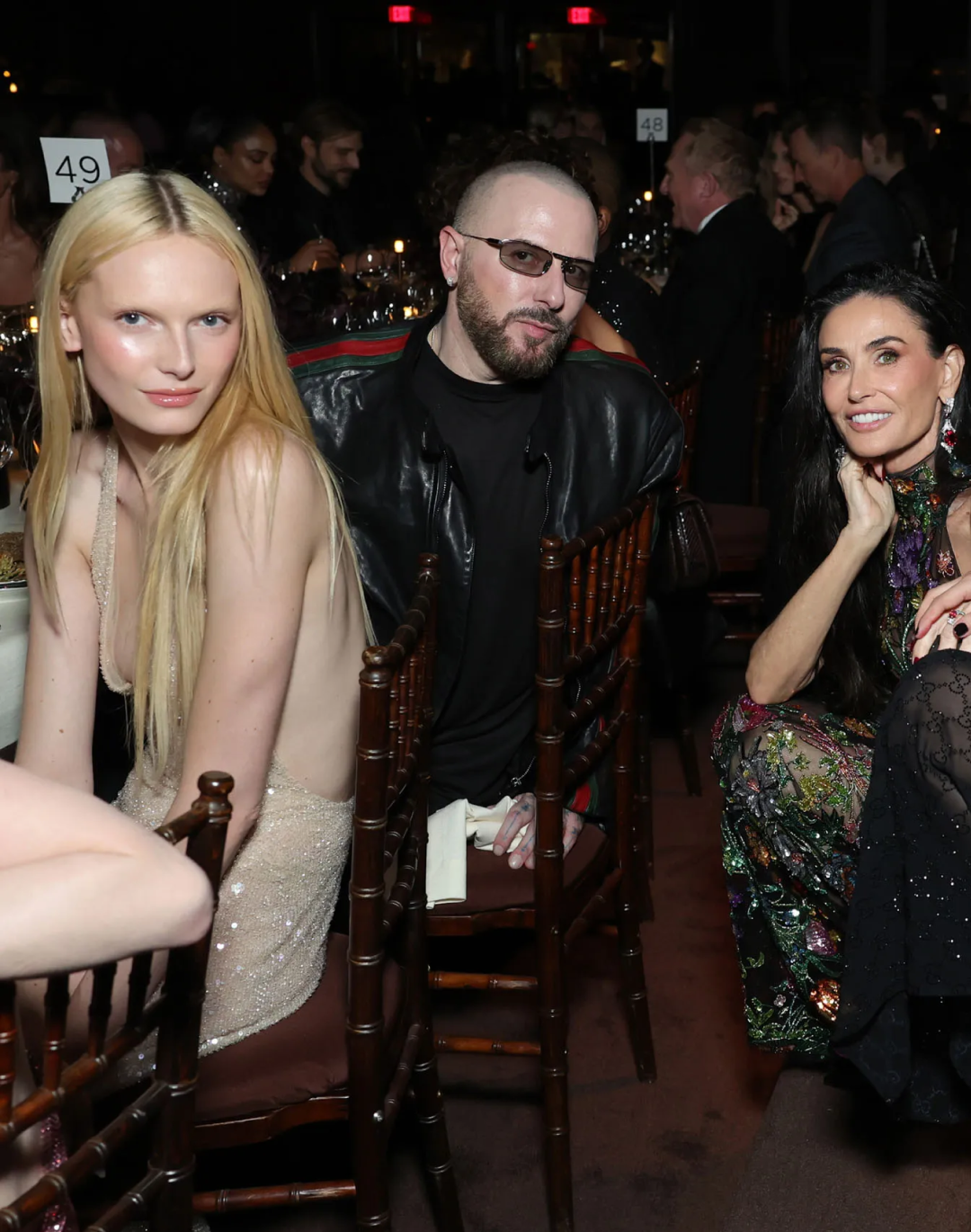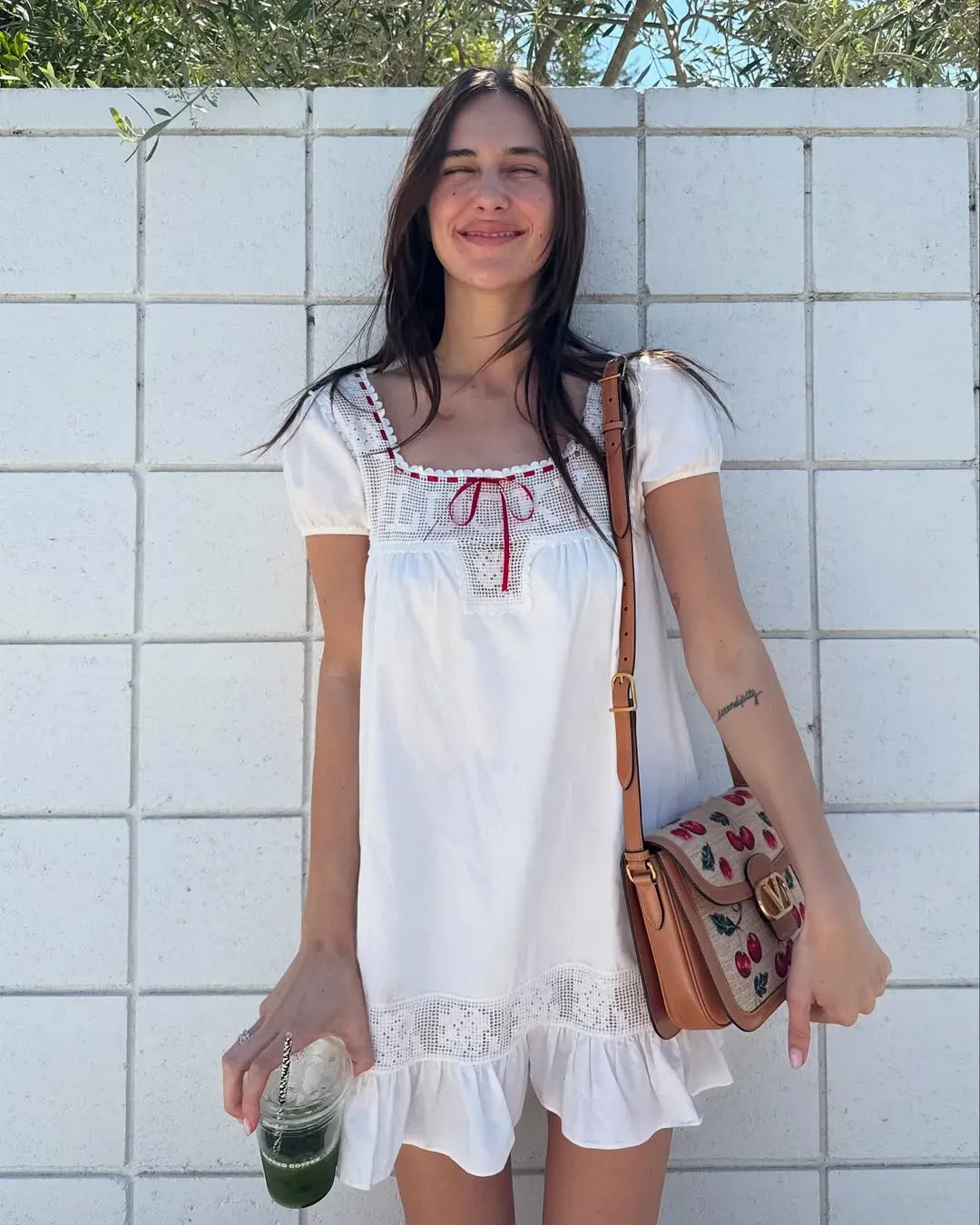
Is it really so wrong to have influencers at the Met Gala? Snapshot of a changing showbusiness
This edition of the Met Gala has been much talked about for two reasons: the first was the excitement of returning to the red carpet in presence after the lockdown; the second was the guest list, restricted to avoid gatherings, devoid of some of its more traditional stars whose place had been taken by influencers. According to an unofficial version that appeared in leaks on the Internet, in fact, influencers, YouTubers and TikToker should have been present en masse – arousing the reproach of the public on Twitter but also the concern of industry journalists, celebrity agents and American publicists about the daso prestigious of the event.
influencers are the new celebrities. i said what i said.
— Nikita Dragun (@NikitaDragun) September 10, 2021
At the end of the day, the fears were definitely exaggerated: the most notable influencers, in addition to children of art such as Talita Von Frustenberg and Brooklyn Beckham, were Dixie D'Amelio, Addison Rae, Emma Chamberlain, Nikkie de Jager, Madison Beer, Jackie Hana and Eugene Lee Yang – relatively few on a red carpet populated by stars and designers of the first magnitude, this year with a particular focus on young talents. But the fear of over-representation of influencers at the Met Gala has opened in recent days a debate on the status and differences between celebrities and influencers triggered on Twitter by Nikita Dragun who, despite many vulgar expressions, has not only declared that «influencers are the new celebrities» but she argued, with reason, that it is precisely the public that complains about influencers who support them and make them famous.
Fame and following
The main difference between celebrities and influencers lies in why they came to their respective fame: a celebrity is usually an excellence in the field of entertainment, art, sports or is a public figure whose fame moves through conventional mass media; the influencer instead has the ability to influence potential buyers of products or services by promoting them on social media. In the case of celebrities, therefore, we talk about fame, while in the case of influencers we talk about following. A crucial difference in that the star produces culture, while the influencer produces commerce – and although many influencers are gifted with great talent and therefore are rightly famous, many of them are considered "zero calories" celebrities, famous only for being famous, who do a job that contributes little or nothing to the cultural discourse of modern times. So much so that, recently, for example, the appointment of Kendall Jenner as creative director of the luxury e-tailer FWRD has aroused a unanimous reaction in the press that has wondered if personal fame is actually a valid criterion for covering a role of creative direction and if instead those roles should not go to people actually prepared by relegating influencers to the important role of ambassador.
at the met gala: pic.twitter.com/nydcSNPu6G
— ricolore (@truthfullyfacts) August 23, 2021
But the reality is that influencers are increasingly central to fashion and brands: they are the most powerful marketing tools available to fashion brands and not only and are equipped with what Hannah Oh of CR Fashion Book defines with great wit «click value». Like it or not, influencer culture has separated from celebrity culture and has become a world unto itself. According to Statista the current influencer marketing market is worth 13.8 billion dollars while according to The State of Influencer Marketing 2020 published by Launchmetrics the impact of influencer marketing in generating sales had increased by 18% between 2019 and 2020 – a figure that records the data of a year of crisis and that therefore, with the recovery, could increase further considered as the same report says that 94% of the brands interviewed consider the influencers fundamental for marketing. The report goes on to say:
«Before, it was royalty an religious figures, then celebrities became the the faces pushing products and representing brands around the world [...]. This shift was fueled by the desire for consumers to be part of the dialogue [...] marking the inauguration of inclusive communities where key opinion leaders would create two-way conversations with their fans [...]. The connectivity and relatability these digital tastemakers offered their communities is what made (and makes them) successful.».
The evolution of culture
If an influencer is relevant enough to make it to the red carpet of the Met Gala, this is because in recent years the communication channels through which the big stars reach their audience have multiplied and with them the ways of communicating with the public. The guest list at the Met Gala is a reflection of a society and a whole culture – and specifically a digital culture that rewards with notoriety personalities who would perhaps have been excluded from the traditional entertainment industry. If the fashion, film and music industry does not give space to truly more inclusive communities, the void in the market will be filled by public figures who represent and speak for these communities with their own talent and skills – whatever they may be. If personalities like Jackie Aina or Eugene Lee Yang arrived on the red carpet it was because they managed to find and speak to a community of people who, through traditional media, would not have been accessible and after all they themselves, together with others, are an expression of the taste and aesthetics and values of the community they represent. So seeing influencers at the Met Gala may seem like a shock – but it's more of a culture shock in the face of the inevitable evolution of celebrity culture than the shock of the event's loss of prestige.










































